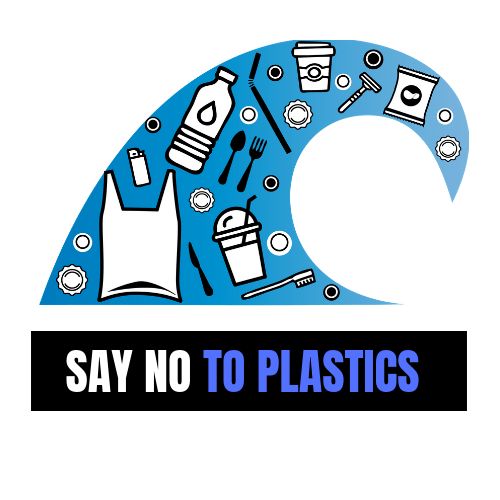Plastic - A Hazard For Nature !
Jun 04, 2019 • 56 views
Plastic bags are crude oil products .They are derived from petroleum and natural gas .Since crude oil is a non renewable source of energy using polythene bags means we are washing oil .One of the main drawbacks of the bag is that they are non-biodegrable . It takes eons to breakdown plastic.Plastic is also responsible for global warming.The burning of plastic bags releases carbon monoxide which adversely affects the ozone layer of the earth.
The thinning of this layer has been a major cause of globalwarming . Recycling of plastic bags is a very long process and not a viable option.
Many states like Delhi etc ,have imposed a ban on plastic bags .While we cannot think of totally eliminating its use but we can significiantly reduce using them.We can switch over to recycled paper bags instead.As plastic bags choke drains and create a lot of problems for the life cycle .
One of our best modern-day conveniences has become a threat.
Plastic bags have been a big part of our lives for a long time that many of us don’t give them a second thought – but we should. Plastic bags are environmentally unfriendly in so many ways. We need to practice saying NO when offered a plastic bag to carry our goods from the shop. Every time you say no to a plastic bag and use a re-usable and biodegradable bag, you are helping to reduce society's reliance on petrochemicals and also helping to save marine animals.
Plastic bags are made from polyethylene, which is derived from ethylene, a gas that is produced as a by-product of oil, gas and coal production. In 2002, the Australian Government undertook a study to determine the energy cost of producing plastic bags.
They concluded that after one year of grocery shopping, at ten bags per trip, the energy consumption would be 210 megajoules, the equivalent of 6.6 litres of petrol or 6.06 kg of CO2 emissions. In the US, plastic bag production accounts for 5% of their petroleum consumption. It might not sound like a super lot, but consider that factor being multiplied for worldwide use of these bags.
Once we’ve converted our natural resources into one of these ugly bags, they take hundreds of years to disintegrate. Many of them end up in our waterways and oceans polluting the environment and killing birds, fish and other marine animals. These animals often mistake plastic bags for jellyfish and eat them, or they are caught up in them and drown.

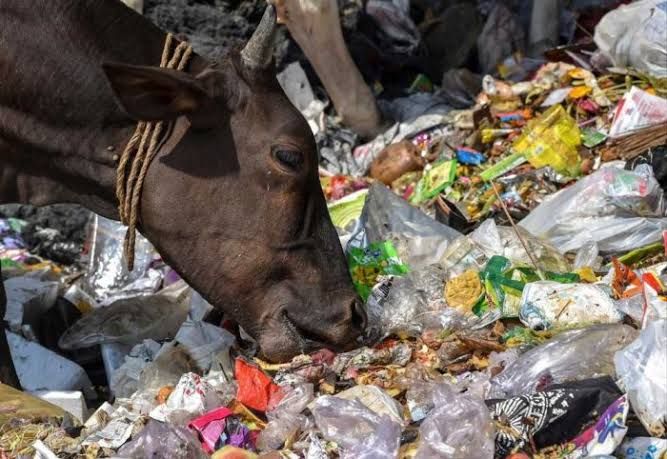
Our oceans have been accumulating a whole range of plastic and non-biodegradable garbage. The amount of plastic waste is so high that it is coalescing into islands of garbage, that are often referred to as ‘The Great Pacific Garbage Patch’ or ‘The trash Vortex’ - not what you imagine when you think of an island and not somewhere you would want to spend your next holiday.

The Pacific Trash Vortex is an area that spans 696,200 km2 in the North Pacific Ocean. It’s estimated that it contains six kilos of plastic for every kilo of natural plankton. This mass is the size of two states of Victoria put together and comprises plastic, slow degrading garbage, chemical sludge, dead fish, marine mammals, and birds. It swirls a disgusting dance in a continuously expanding clockwise spiral. Some of these plastics will not break down in the lifetimes of the grandchildren of the people who threw them away.

Some hard hitting facts:
■There are estimates that plastic bags kill 100,000 whales, seals and other marine creatures each year.
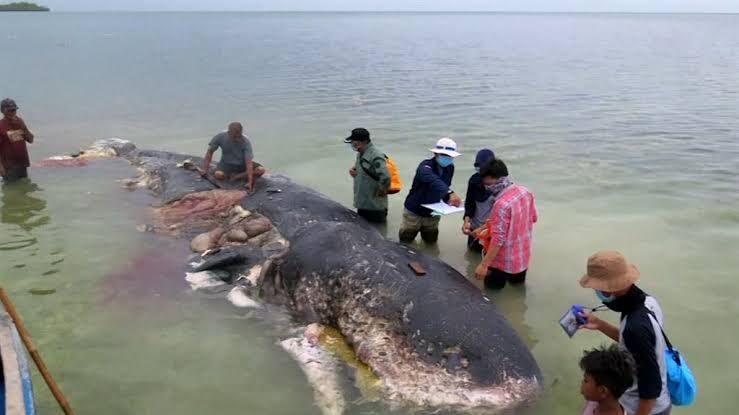
■Plastic bags have a lifespan of between 20 and 1000 years. In Australia, we use around seven billion plastic bags annually.
■21,000 tonnes of plastic is disposed of in landfill sites throughout Australia every year.
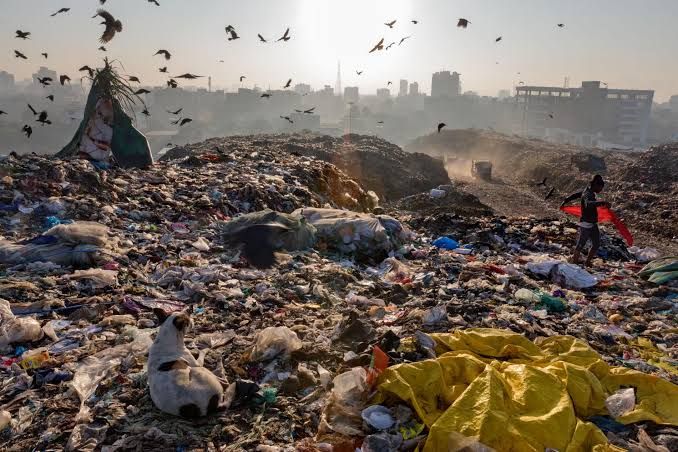
■The Trash Vortex in the North Pacific Ocean is an area the size of Texas.
■There is a solution to our global reliance on plastic bags - biodegradable bags.
Biodegradable bags are made from renewable, organic material such as cornstarch. They can be composted, reducing landfill waste and they break down quickly, reducing the danger to marine life. To be internationally classed as biodegradable, a bag must break down within twelve weeks and be fully degraded within six months. When these bags break down they produce methane, which is not ideal, but is a small price to pay to reduce plastic bag waste.
You might think fine, we can use paper bags, but this comes with a large environmental cost of its own. Paper bags are either made from trees (and we all know that’s not great) or they are made from recycled paper - which is better, but still not fantastic. During the recycling phase, a lot of water is used, as are toxic chemicals.
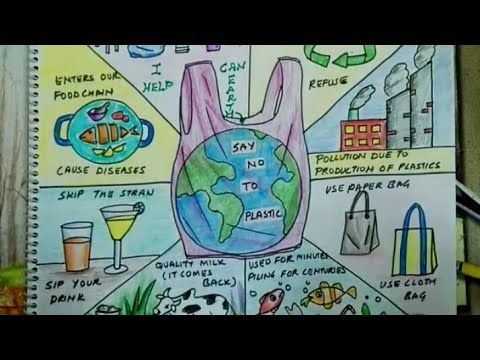
The best way to go seems to be with a bag that can be reused many, many times.
Some reasonable alternatives are:
●Calico bags
●Polypropylene or 'Green' bags
●Biodegradable starch based bags
●Jute bags
●Hessian bags
●Polyester
●Hemp
So what can you do with the plastic bags you already have at home?
If you’re like me, you have drawers full of them just in case. They can be recycled. Take them to your local supermarket and place them in the bins allocated - they can’t be recycled through your weekly garbage. The plastic is recycled into composite lumber and plastic pellets - the pellets are then used to make other bags, containers, crates or pipes.
Reusable bags are easy to get a hold of - they sell them at most supermarkets, if not all. This is such an easy way to do your little bit to reduce carbon emissions and save a marine animal or two. Reject the plastic bag now so our children aren’t wading through them at the beach tomorrow.
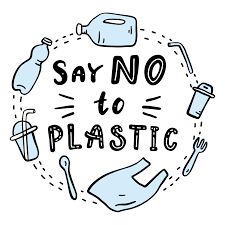
So what else can we do to reduce the use of plastic bags?
■Use reusable bags when you shop.
■Use garbage-free lunchboxes.
■Avoid using things once only.
■Use a bamboo toothbrush. And see what else you can replace with non plastic alternatives around the house and in your life.
■Avoid buying fruits and meats on plastic trays that are covered in cling wrap.
■Try to buy glass or tinned products instead of plastic containers.
■Recycle your plastics (here's a guide to what can and can't be recycled).
■When you go to the beach take 3 pieces of garbage with you when you leave.
Every one should take responsibility in making this world a more beautiful and greener place to live in………
